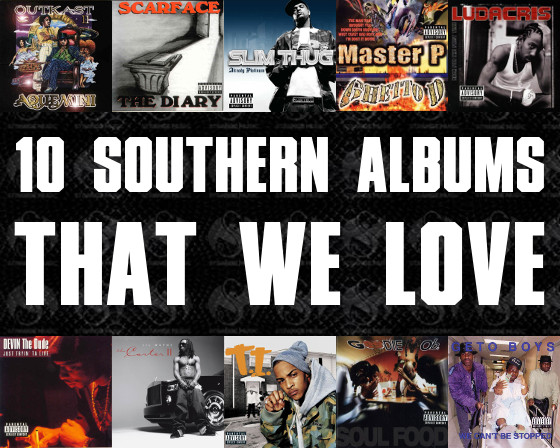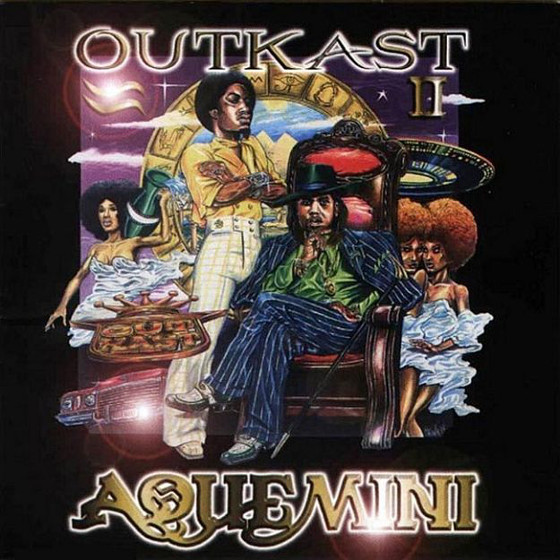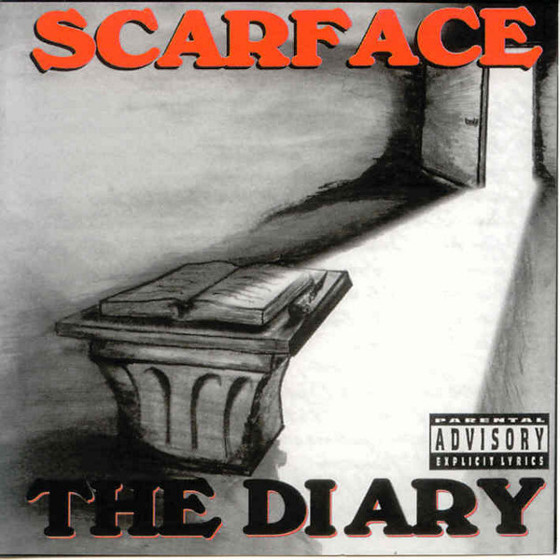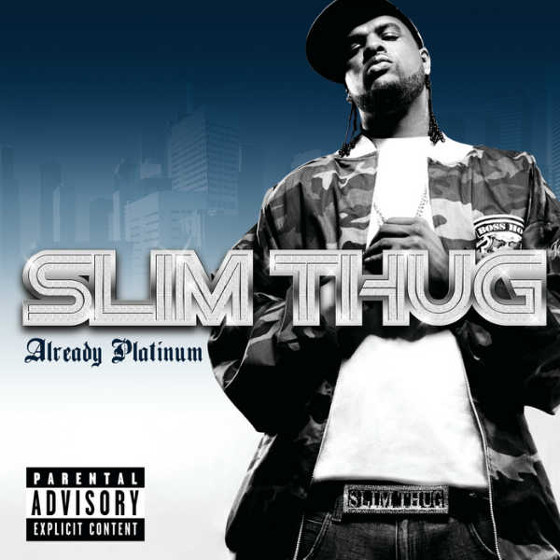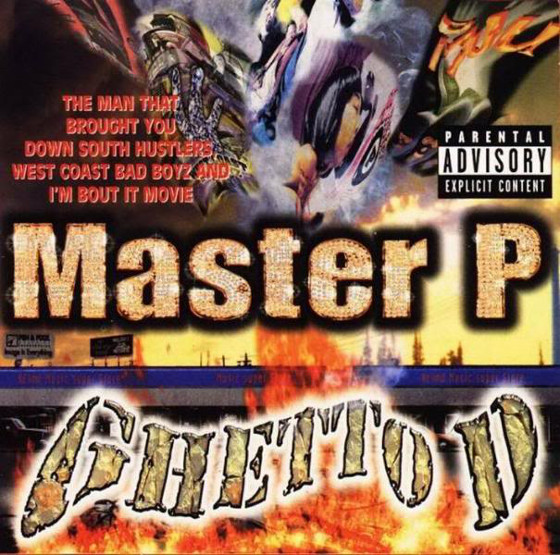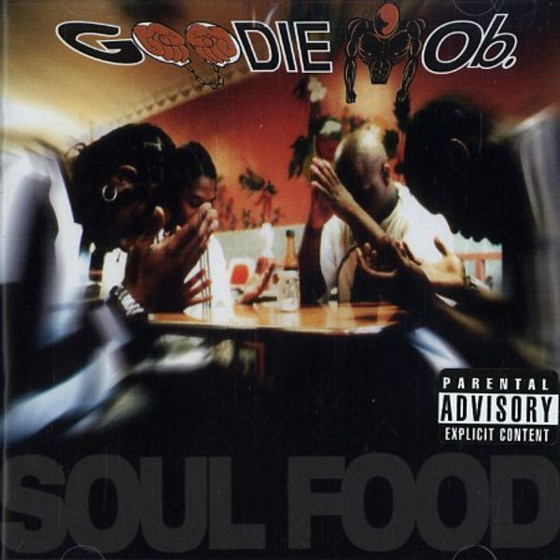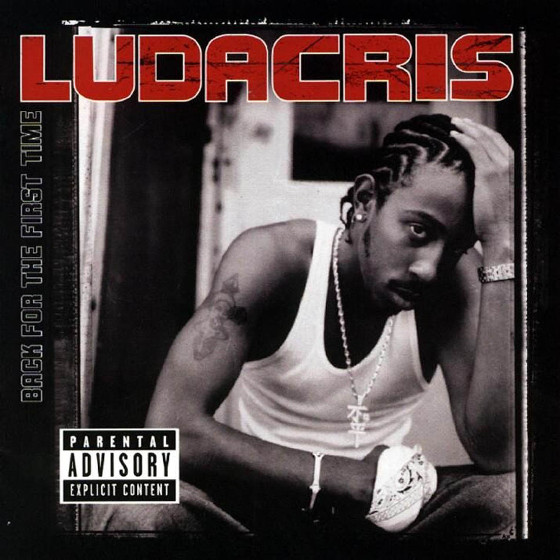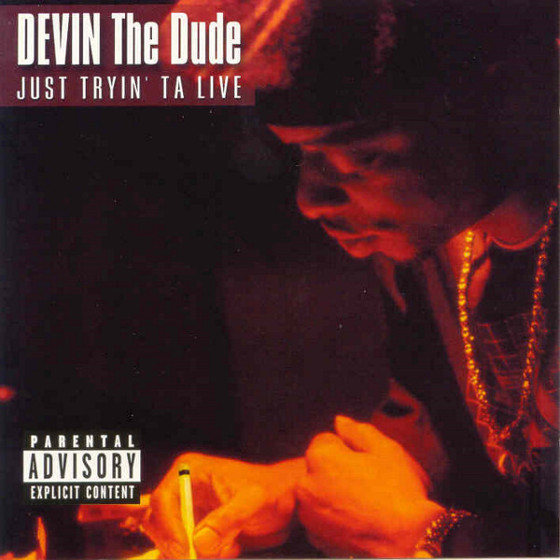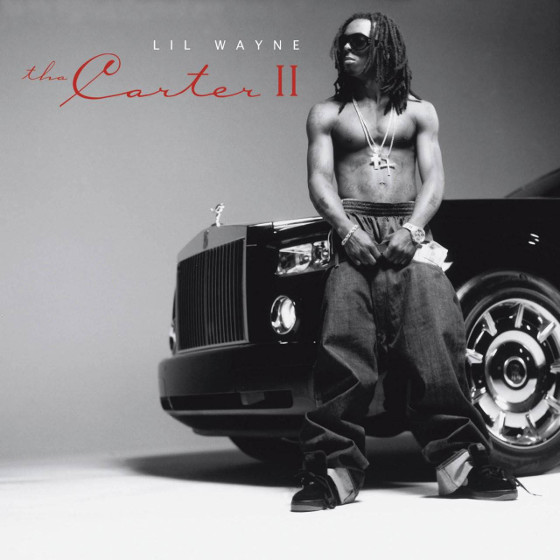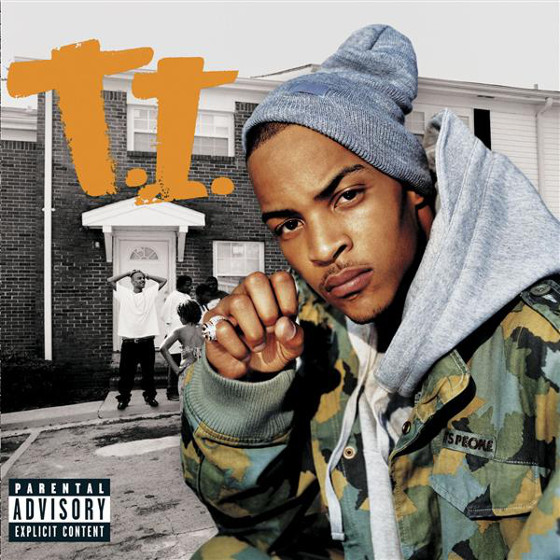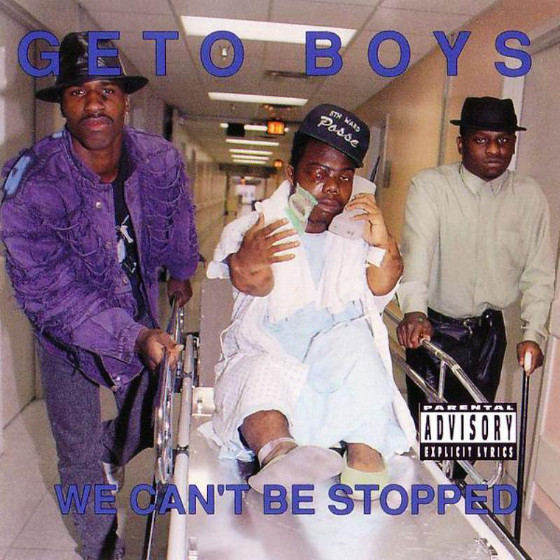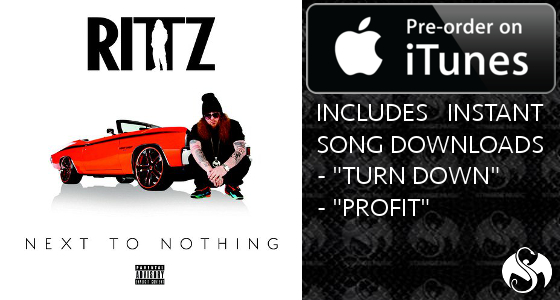Candy Cars And Choppin’ Blades – 10 Southern Albums We Love
Aug 25 2014
Rittz’s upcoming sophomore album Next To Nothing is, from what we’ve heard so far, set up to be a crucial southern hip hop album that will be listened to for many years to come. Everything from his personal stories that we’ve come to know and love to songs you can just ride to are all there, setting up what should be another classic from the Slumerican.
Given that the east and west coasts had dominated the art of hip hop for the first 10+ years, southern rappers have always had something extra to prove, and Rittz is no different.
In celebration of Rittz’s southern heritage and our own love for the third coast, we decided to break down some of our favorite southern hip hop albums of all time.
Outkast – Aquemini
This is it: the album that turned Outkast from a well-known hip hop duo to a household name. With the release of “Rosa Parks”, the album’s lead single, Outkast was officially filling up the sound waves of suburban house parties across the nation. With Aquemini, Outkast sold records without selling out, retaining their individuality and bridging the gap between artistic integrity and commercial sensibility in a way that is rarely achieved. From the album’s startling opener “Return of the ‘G'” to the psychedelic tale of “Spottieottiedopalicious”, Aquemini is a sonic adventure of movement and morality. Still a classic. – Jeff Nelson
Scarface – The Diary
Scarface’s most focused and concise album, The Diary is the album that solidified the Houston legend as a significant and viable solo entity. Most of the album is pure menace wrapped in a Texas-brand of funk that includes varied percussion, thick bass and live instrumentation. One listen to “Jesse James” and the immediate thought that comes to mind is “I really don’t want to fuck with this guy.” However, within all the fear-inducing rhymes of the Houston-baritone comes one of the most harrowing and contemplative tracks in all of hip hop: “I Seen A Man Die”. Telling the tale of a young man released from prison only to get caught up in crime again, dying in the hospital from shots received by his enemies, Scarface raises the question that begs an answer: why do we only value a life after it’s gone? – Jeff Nelson
Slim Thug – Already Platinum
Slim Thug busted through the gate with this national-release debut with a swagger that is self-described through the album’s title. With his startling confidence and brash delivery, it was immediately apparent that Slim Thug been doing this for more than a minute. The production is the other star on Already Platinum, featuring the Neptunes’ alternative take on the southern sound, resulting in one of the most original-sounding southern albums you’re likely to hear. “Like A Boss” sounds like something Godzilla would take a jog to, “Playa You Don’t Know” is as intimidating as it is danceable and “Dedicate” showcases the Neptunes’ jazzy chord progressions to make up for the most soulful track on the album. Overall, this album sounds as big as the 6’6″ hustler-turned-rhymer and is an original twist on the typical southern sound. – Jeff Nelson
Master P – Ghetto D
Love it or hate it, this album changed the game. From that weird-ass hard-plastic jewel case to the contents within, this album would solidify No Limit as a force to be reckoned with and focused heavy attention on the south. The opening title track, a drugged-up homage to “Eric B. Is President”, gives a clear indication what to expect in the groundbreaking album: thick grooves, over-the-top rhymes (did he really just tell you how to make crack?) and lurid content. “Bourbons and Lacs” and “I Miss My Homies” showcased the softer side of the No Limit while “Make Em Say Ugh” and “Weed & Money” were prime displays of southern bounce and Master P’s ability to craft catchy anthems. Ghetto D ended up going triple-platinum and would redefine the sound of an entire region. – Jeff Nelson
Goodie MOb – Soul Food
One of the most underrated albums in the history of hip hop, Soul Food is the spiritual successor to Outkast’s debut Southernplayalisticadillacmuzik. Featuring Outkast and the production of Organized Noize, this album is often regarded as one of the most divine hip hop albums ever made, containing a strong message and delivery that conveyed an aching that resided in the souls of the group’s members (including Cee-Lo before he got super-famous). The lead single “Cell Therapy” is Atlanta’s version of The Geto Boys’ “Mind Playing Tricks On Me”, conveying a violent ghetto paranoia that’s perfectly reflected in the chorus: “Who’s that peeking in my window? POW! Nobody now!” “Fighting” features Cee-Lo literally stopping a song right in its tracks to explain what exactly he’s fighting for in the form of free-verse poetry. More than most albums in music, this album is a spiritual journey from beginning to end. – Jeff Nelson
Ludacris – Back For The First Time
Back For The First Time introduced the world to style of southern hip hop that they had never heard before. Drawing influence from predecessors like Missy Elliot, Three Six Mafia, and Bone Thugs, Ludacris (aided by DOPE production from Timbaland, Bangladesh, and The Neptunes) half-drunkenly traipsed the line between serious lyricism and back porch fun-rapping more successfully than most that had come before him. Luda was clearly having a blast on this album, and at the same time absolutely slaying tracks with a swagger that in my opinion hasn’t really been matched since. Tracks like “Southern Hospitality” and “Ho” cleverly walked the line between serious and bullshittin’, and “Mouthing Off” is one of the greatest “freestyles” ever put on an album, if you’re asking this guy. “I make niggas eat dirt and fart dust”….*dead*. – Brent Bradley
Devin The Dude – Just Tryin’ Ta Live
In my opinion, this dude was/is the greatest “weed-rapper” of all time. I can confidently say there would be no Wiz Khalifa, Curren$y, or Smoke DZA without Devin The Dude. Basically, Devin The Dude gave zero fucks on this album, and it turned out perfect. I mean, the guy raps nonchalantly about smoking weed and chasing girls over nasty production from dudes like Dr. Dre (“It’s A Shame”), DJ Premier (“Doobie Ashtray”), and David Banner (“Just Tryin Ta Live”). He even takes over the boards himself on the funky-as-hell “Lacville ’79”, all the while rapping some shit that would probably sound ridiculous coming from anyone else, yet somehow he makes it work. Sprinkled in between his party-rhymes are little nuggets of wisdom (pun kind of intended) that make you rewind and re-listen multiple times. Devin The Dude just spits real shit, and we love him for it. – Brent Bradley
Lil’ Wayne – Tha Carter II
Say what you want about Lil’ Wayne circa 2010 and on, this album is the shit. His choice of beats was on point, his lyrics were tighter than ever, and he successfully re-introduced New Orleans to the public conscious in a way that his earlier incarnation in the Hot Boyz failed to do. With this album, Wayne proved that he was, in fact, a lyricist (his punch lines were EPIC on this album) and that he could ride smooth over beats that weren’t made exclusively by Mannie Fresh. Of course “Fireman” was the hit off the album, but tracks like “Hustler Musik”, “Mo Fire”, and “Shooter” perfectly showcased his strengths as an emcee and made for some of the most obnoxiously loud car rides I’ve ever taken. Most of the tracks were sans-hook, and several of them clocked in at well over four minutes of just straight rhyming. Go back and listen to it right now, it may have only been eight years ago but it still holds up perfectly. – Brent Bradley
T.I. – Urban Legend
With this album, T.I. had something to prove, and it shows. While Trap Muzik was the first album that put T.I. in the spotlight, Urban Legend was the joint that cemented his spot as one of the hardest emcees to come out of the south at that time. His un-fuck-wittable confidence and gritty lyricism on tracks like “U Don’t Know Me”, “Countdown”, and “ASAP” gave him a certain appeal that made him the Atlanta version of 50 Cent as far as fans were concerned. His shit was somehow grimy and poppy at the same time, and it worked. Try not to get hype as hell when you listen to “U Don’t Know Me”. – Brent Bradley
Geto Boys – We Can’t Be Stopped
Never mind the fact that we love this album, it’s also one of the most important and influential southern hip hop albums of all time. From the graphic cover (which is real by the way…Google it) to the equally gritty lyrics, the Geto Boys perfectly bridged the gap between gangsta rap like N.W.A. and the political, Afrocentric rhymes of groups like Public Enemy in a way that nobody had ever thought possible. Scarface, Willie D, and Bushwick Bill were extremely dark lyricists, that’s for sure, but there was a message behind their music that seemed much more pre-meditated and evocative than the gangsta rap happening on either coast at the time. The opening track “We Can’t Be Stopped” calls out Geffen records for refusing to put out their previous album due to subject matter in an incredibly self-aware and industry-aware fashion, while “Fuck A War” addresses political issues in the vein of Chuck D. This album solidified the south’s hip hop scene as one with something to say, and should be a must-listen for anyone that loves southern hip hop. – Brent Bradley
CLICK HERE TO PRE-ORDER
NEXT TO NOTHING ON iTUNES
(Includes instant downloads of “Turn Down” and “Profit”)
- What did you think of our list?
- What albums did we leave out?
- If you could pick an artist on this list for Rittz to collab with, who would it be?
Holler at us in the comments below!
